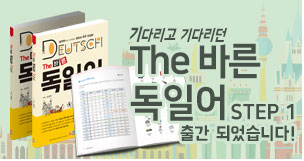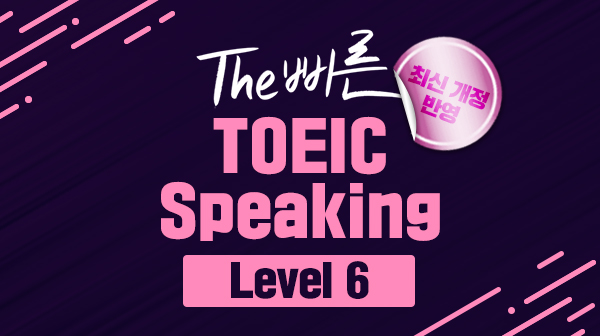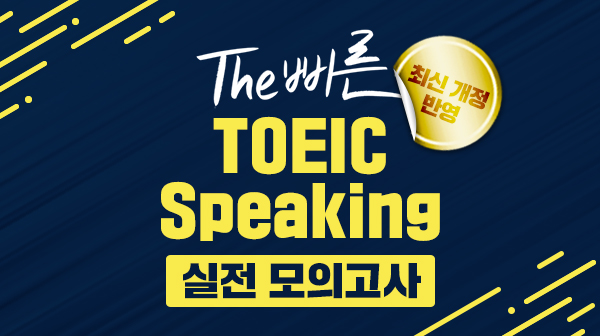-
- ņśüņ¢┤
- Sel TEST
- English Hub
- Speaking TIP
- Culture Story
- Business Writing
- ņØ╝ļ│Ėņ¢┤
- Sel TEST
- Japan Hub
- ņżæĻĄŁņ¢┤
- Sel TEST
- Chinese Hub
- ņżæĻĄŁ ņĄ£ņŗĀ ļē┤ņŖż
- The China+
- ĻĘĖļ”¼ņŖżņ¢┤
- ļäżĒīöņ¢┤
- ļÅģņØ╝ņ¢┤
- ļØ╝ņśżņŖżņ¢┤
- ļ¤¼ņŗ£ņĢäņ¢┤
- ļŻ©ļ¦łļŗłņĢäņ¢┤
- ļ¬ĮĻ│©ņ¢┤
- ļ»Ėņ¢Ćļ¦łņ¢┤
- ļ¦ÉļĀłņØ┤ņ¢┤
- ļ▓ĀĒŖĖļé©ņ¢┤
- ļ▒ģĻ│©ņ¢┤
- ļČłĻ░Ćļ”¼ņĢäņ¢┤
- ņŖżņÖĆĒ×Éļ”¼ņ¢┤
- ņŖżĒÄśņØĖņ¢┤
- ņŗ▒ĒĢĀļØ╝ņ¢┤
- ņĢäļ׏ņ¢┤
- ņĢäļź┤ļ®öļŗłņĢäņ¢┤
- ņĢäņĀ£ļź┤ļ░öņØ┤ņ×öņ¢┤
- ņĢöĒĢśļØ╝ņ¢┤
- ņÜ░ļź┤ļæÉņ¢┤
- ņÜ░ņ”łļ░▒ņ¢┤
- ņÜ░Ēü¼ļØ╝ņØ┤ļéśņ¢┤
- ņØ┤ļ×Ćņ¢┤
- ņØ┤Ēāłļ”¼ņĢäņ¢┤
- ņØĖļÅäļäżņŗ£ņĢäņ¢┤
- ņ▓┤ņĮöņ¢┤
- ņ║äļ│┤ļööņĢäņ¢┤
- Ēéżļź┤ĻĖ░ņŖżņ¢┤
- ņ╣┤ņ×ÉĒØÉņ¢┤
- Ēā£ĻĄŁņ¢┤
- Ēä░Ēéżņ¢┤
- Ēł¼ļź┤Ēü¼ļ¦żļŗłņŖżĒāäņ¢┤
- Ēżļź┤Ēł¼Ļ░łņ¢┤
- ĒÅ┤ļ×Ćļō£ņ¢┤
- Ēöäļ×æņŖżņ¢┤
- ĒŚØĻ░Ćļ”¼ņ¢┤
- Ē×īļööņ¢┤
- ļ©╝ļéśļØ╝ ņØ┤ņøāļéśļØ╝
-

Culture Story
Ļ▓īņŗ£ĻĖĆ ņłś | 419
Ļ┤ĆļĀ© Ļ░Ģņóī ņłś | 174
- Why we make New Years promises
- ļ╣äļŗł | 2019.01.04 10:59
-
Why we make New Years promises
What do you think 2019 will be like?
How do you want to be a better person in 2019?
ItŌĆÖs New Years time again. People turn over a new leaf and pledge to be fitter, to work harder, and to be better people. But what will happen is that more than a quarter (27%) have stopped trying by the first week of the new year and only a little over half are still doing it by the end of January..
Why do we even try? Turns out, itŌĆÖs a long time tradition that started about 4,000 years ago with the ancient Babylonians. It started with a12-day religious festival called Akitu. The Babylonians honored a new king or remembered their devotion to the king they have. At this time they also pledged to pay debts and return borrowed goods.
WHY JANUARY?
All this would happen in spring, around March of our current calendar. The January change is because of the Romans. Some historians believe that the date was moved to January in 300 B.C. because the Roman emperor came into power during that time.
Others believe that it was Julius Caesar who decided January 1 as the beginning of the new year around 46 B.C. The month was named after the god Janus, who had two faces. The Romans believed he was looking into both the past and the future and had so much power that the Romans made sacrifices with promises to be good during the year ahead.
And then the Christians who related the beginning of the new year to think about past mistakes and to vow to change their bad behaviors.
How did these religious acts become normal tradition for non religious people? The idea that youŌĆÖre suddenly going to change is a magical idea. Religions are control this magic for most of us. Midnight also has a magical.
HOW NEW YEAR BECAME BIG BUSINESS
Businesses have been making money from resolutions for many years. For example, promising to get fit often means joining a gym or buying exercise equipment. That explains the sudden increase in new memberships in January. However, most large fitness clubs factor this in. On average 67% of memberships go unused.
This is the same for quitting smoking. Those who throw away their cigarette packs pledging never to smoke another one often buy patches, vape pens, nicotine gum, and even hire a hypnotherapist, to help them stop.
Finally, many promise to find the love of their lives in the coming year, Match.com is waiting. A few years ago the online dating site declared the first Sunday after the New Year as Dating Sunday. Activity on the site as well as dating apps is predicted to increase a lot in January. Over 44 million Tinder matches were made on Dating Sunday last year, compared to around 26 million on a normal day. Businesses make money when people meet for coffee, dinner, drinks, etc., even if the date doesnŌĆÖt turn into a relationship.
Try to guess the meaning of the words in bold and match them with their closest meaning from the choices in the right. Some of the answers are very close and have similar meaning. The meaning of these words is how they are used in the reading. Some of these words have different meanings in the dictionary depending on how they are used.
The answers are below the table.
turning over a new leaf
A
1
To promise
pledge
B
2
Dedicated, to strongly do something, 100% effort
Turns out
C
3
To decide to do something
devotion
D
4
To say what will happen in the future
vow
E
5
To allow or account for something when making a decision.
resolutions
F
6
To promise
factor this in
G
7
Finally, in the end, the final result
predicted
H
8
To start something new
A=8, B=6/1, C=7, D=2, E=6/1, F=3, G=5, H=4
Some example sentences using the new words or phrases from the meaning of how they are used in the reading to help you understand better.
He was always grumpy and unkind but now he is turning over a new leaf and is trying to be friendly and kind.
Mr Kim made a pledge that he will support our team with a donation.
It turns out that everything he said was a lie.
My mother was devoted to me, she supported my decision to study to be a teacher.
You must vow me that you will be home before midnight.
The government has made a resolution that they will not increase taxes.
This price looks cheap, but if you factor in the other costs it is expensive.
It is predicted that next year prices will go down.
Some questions using the new words/phrases. Try to use the words/phrases in your answer.
Give an example of when you turned over a new leaf.
Do you have any pledges for 2019?
What things have turned out well for you in 2018?
Do you get devoted to new ideas or do you give up easily.
Why is it important to do what you vow?
Are there any common New YearŌĆÖs resolutions in your country?
What things do you factor in when deciding to change some habit in your life?
What are your predictions for 2019?
- 537.mp3 (2.2MB) (1,274)
- ņČöņ▓£Ļ░Ģņóī























